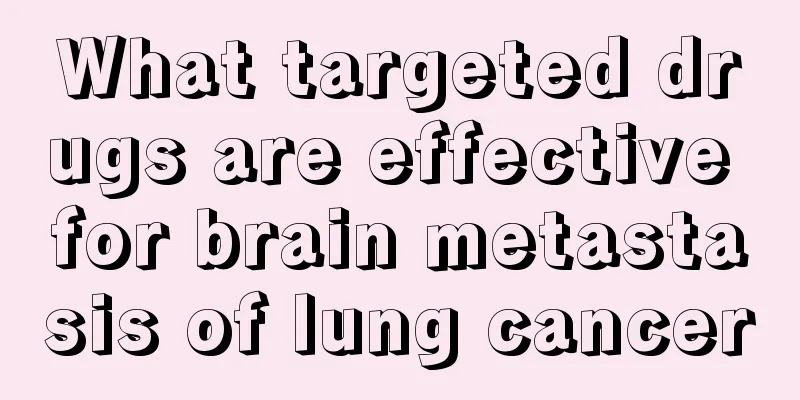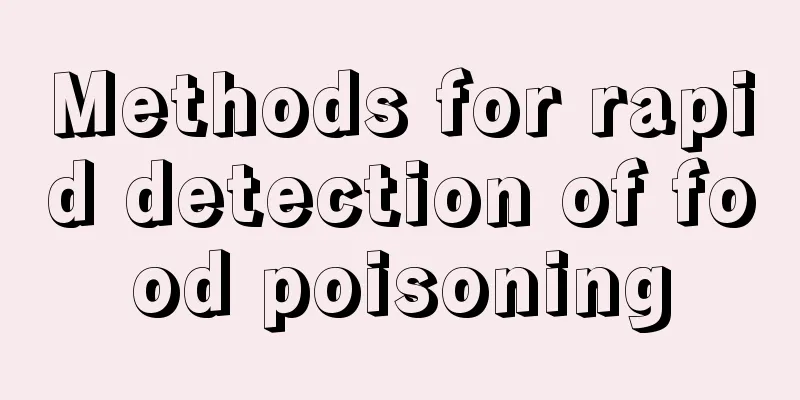What are antibodies? The role of antibodies

|
Antibodies play a vital role in the human body, and some antibodies are beneficial or harmful to the body. Good antibodies can fight some viral cells in the body, while harmful antibodies will attack normal cells in the body. Antibody (Ab) It is an important effector molecule that mediates humoral immunity and is a glycoprotein produced by B cells that proliferate and differentiate into plasma cells after being stimulated by antigens. It mainly exists in body fluids such as serum. It exerts the function of humoral immunity by specifically binding to the corresponding antigen. In 1986 and 1972, special committees of the World Health Organization and the International Union of Immunological Societies respectively decided that globulins with antibody activity or chemical structures similar to antibodies should be uniformly named immunoglobulins (Ig). Antibody Initially, electrophoresis was used to prove that the activity of antibodies in serum was in the gamma globulin portion, so antibodies were collectively referred to as gamma globulin. It was later discovered that not all antibodies are in the γ region; and that not all globulins located in the γ region have antibody activity. In 1964, the World Health Organization held a special meeting and collectively referred to globulins with antibody activity and antibody-related globulins as immunoglobulins (Ig), such as myeloma proteins, abnormal immunoglobulins present in the serum of patients with macroglobulinemia, cryoglobulinemia, etc., and immunoglobulin subunits naturally present in normal people. Therefore, immunoglobulin is a concept of structural chemistry, while antibody is a concept of biological function. It can be said that all antibodies are immunoglobulins, but not all immunoglobulins are antibodies. The main function of antibodies is to combine with antigens (both foreign and self), thereby effectively removing foreign matter such as microorganisms and parasites that invade the body. Antibodies are proteins produced in response to antigens and can specifically bind to antigens. Each antibody binds to a specific antigenic determinant. This binding can inactivate the antigen or it may be ineffective, but it can sometimes cause pathological damage to the body, such as the production of some autoantibodies such as antinuclear antibodies, anti-double-stranded DNA antibodies, and anti-thyroglobulin antibodies, which can cause harm to the human body. |
<<: Can people with hyperthyroidism eat walnuts?
>>: What does hepatitis B surface antibody positive mean
Recommend
How long is the life span of glioma
Glioma is a brain tumor disease that is extremely...
The baby is very irritable when sleeping at night
Why does my baby sleep uneasily and become irrita...
Can the disharmony between the heart and kidney heal itself?
The clinical manifestations of mental and spiritu...
Cervical cancer may occur in women after menarche
Cervical cancer may occur in women after menarche...
Moxibustion to dredge meridians
Many middle-aged and elderly people prefer moxibu...
Will colorectal cancer cause patients to have miscarriage?
Colorectal cancer is associated with familial clu...
How to treat rectal tumor
How to treat rectal tumor? Rectal tumor is really...
What are the causes of chest tightness, cough and phlegm
In fact, illness is largely caused by some of our...
Why do pimples appear on lips
Lips are one of the essential and important organ...
What are the symptoms of benign teratoma? What are the hazards of benign teratoma
Do you know what symptoms our benign teratoma has...
Is renal hamartoma harmful? Is it serious? How long can one live?
The degree of harm caused by renal hamartoma depe...
How to prepare homemade saline solution
Physiological saline solution has a wide range of...
Treatment of hindbrain tumor
The treatment of posterior brain tumors is an iss...
Which parts of the body can be uncomfortable with cervical cancer
The harm of cervical cancer cannot be ignored. Ce...
How to remove the lump from the ear piercing
Girls all love beauty, and many girls will get th...









